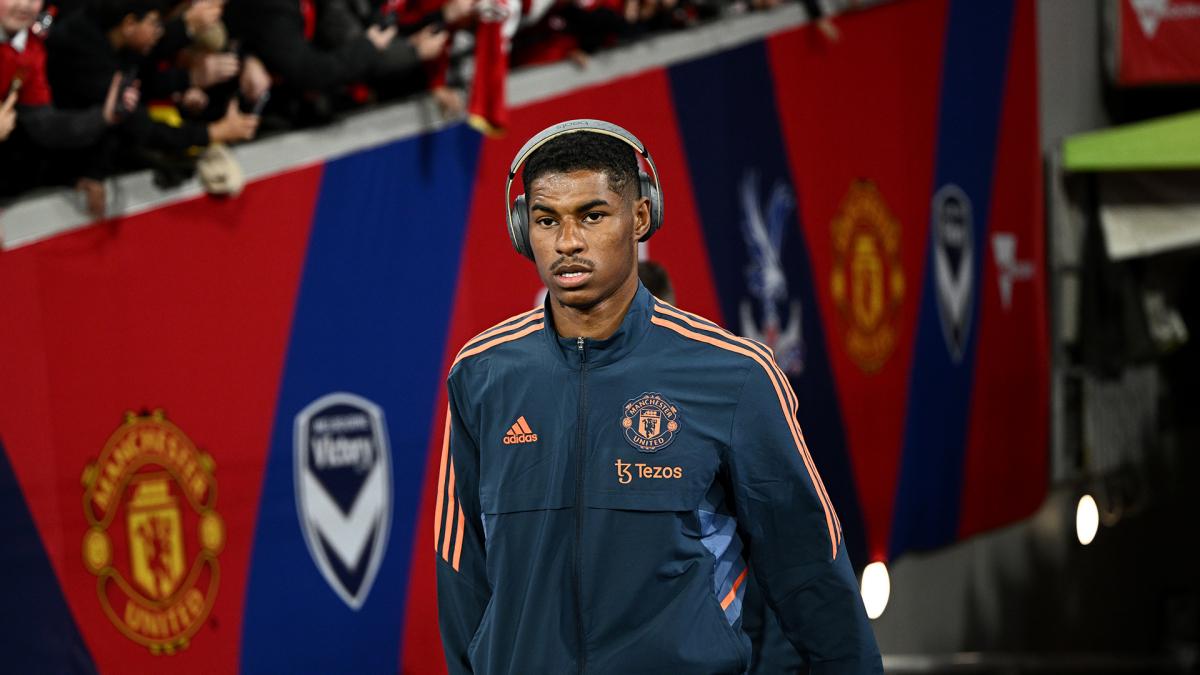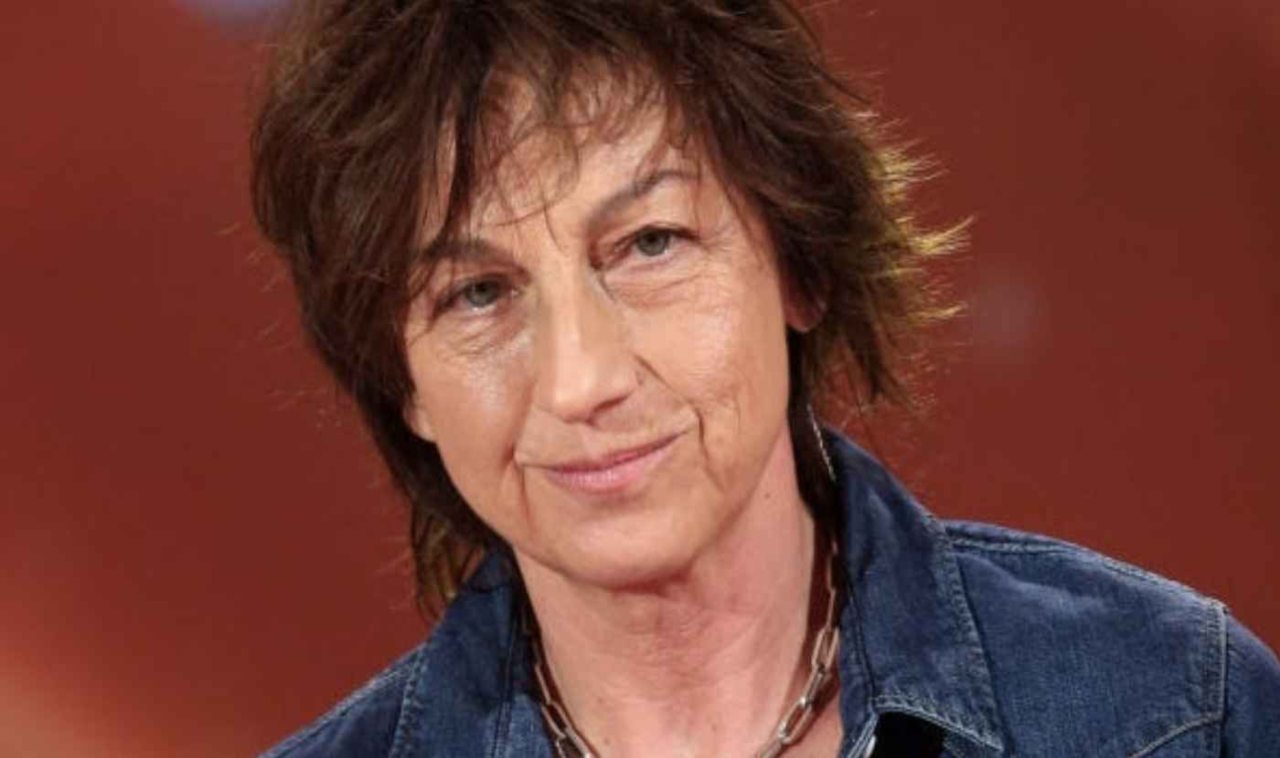When Amanda Gorman was asked to read a newly developed poem at the United Nations General Assembly, the young sensation examined in depth the impact of several social issues, such as hunger and poverty, on the conservation of the Earth.
Much like her heartwarming inaugural poem last year, Gorman felt compelled to express the impact of unity through her poems on the opening day of the 77th session in New York on Monday. The 24-year-old poet created “An Ode We Owe” in hopes of bringing all nations together to address various issues of inequality while preserving the planet.
Gorman once again took center stage ahead of world leaders. Her fame exploded after reciting her poem “The Hill We Climb” at the inauguration of President Joe Biden, which made her the youngest inaugural poet in US history. Her poetry quickly topped the bestseller lists and made her one of the most requested poetesses, taking her to other big stages like the Super Bowl and in an interview with Oprah Winfrey.
In an exclusive interview with the Associated Press on Sunday, Gorman talked about his hopes for UN poetry, his future plans for the presidency, his resentment of his commercial success, and his desire to write someday. a novel.
Notes have been edited for clarity and brevity.
AP: What do you want listeners to take away from your poem?
GORMAN: What I hope people can grasp from the poem is that while the problems of hunger, poverty and illiteracy may seem like Goliath and are so huge, it’s not necessarily that these problems are too important to conquer. But they are too big to leave.
AP: How important is it to have a young voice as you speak at the General Assembly?
GORMAN: When I was writing this poem, I kept having flashbacks from many years ago when I first arrived in New York. I was 16 and I came as a UN delegate for the Commission on the Status of Women. This was the first time I got involved with the UN as a space in any way. I just remember not seeing people who looked as young as me. I also looked like I was 11 at the time. I started marinating this idea of ”I want to come back in the future. I don’t just want to be a delegate. I want to be a presenter. I’m not here to speak on behalf of young people, but to speak alongside them and with them.
AP: Why did you mention the Sustainable Development Goals in your poem?
GORMAN: In reality I think that there are sections of the population that have not yet been involved or in any way informed or activated around the Sustainable Development Goals. Much of what I like to do in poetry is to make sure that I raise awareness of these issues and show that these goals exist.
AP: How did you manage the transition to high profile stardom?
GORMAN: I’m still learning and growing so much. I think one of the things that has changed so much for me is just privacy. Suddenly I became someone – which I really didn’t expect – who stands out on the street. If I go to a restaurant, even if I wear a mask, people are very good at recognizing my face and / or my voice. I am so thankful for this type of exposure, even though I sometimes lack individual privacy, because it means I have a platform that I can use forever.
AP: How did people approach you in public?
Amanda Gorman recites a poem at an event titled “SDG Moment” at United Nations Headquarters on Monday 19 September 2022. The event aims to highlight the urgency and importance of the United Nations Sustainable Development Goals. (Photo AP / Seth Wenig)
GORMAN: I had an experience (Saturday) night. I was eating in a restaurant and a woman came up to me and started crying and saying how much my poem meant to her. He is breathtaking to me. This is no longer a rare occurrence in my life. My friends started crying around me seeing the emotion of this woman. I had a great conversation with this woman before she moved on, and I have to take a moment, sit down to the fact that there were so many people in the world who probably have the same response as that person that she didn’t touch me. I want to do them justice when I write. I want to honor them when I write. This is a very heavy request. But I also think it’s a profound privilege for me. I think that’s the thing I struggle with and draw strength with when I write.
AP: Has notoriety changed your writing?
GORMAN: I think it hasn’t changed my way of writing songs, in the sense that my voice and my style are always the same because the roots I come from are still there. But I think it makes me think more creatively and imaginatively about ways to get these poems known to the world.
AP: Is it much harder to write these days?
GORMAN: I think the main difficulty for me to write poetry these days is, yes, there is a lot going on. But even if I am able to find time and space to write, I think the biggest challenge I can face at times is just my own self-sabotage, in the sense that I feel so much pressure and look at myself so much.
AP: How do you avoid distractions?
GORMAN: I’m like a 70 year old man with an 11 year body. I have muscles that push me to step away from technology and pretend it doesn’t exist. As if it didn’t exist. When I write, I tend to put all my devices on “Do Not Disturb”.
AP: Have you faced the resentment of the poetic community, which sometimes has a weak view of commercial success?
GORMAN: The only kind of trolling I actually experience isn’t that of other poets. It comes from people who don’t write poetry. I hear things like, “What Amanda Gorman does is not that difficult. I don’t understand why she is famous. I have no grudge against these people. In fact, in a way, I feel sorry for them because most of the time they are people who haven’t been exposed to a lot of poetry in their life, who haven’t been encouraged or challenged to write poetry in their life. .
AP: What do you think of these skeptics?
GORMAN: I think the only thing I have to say to these people would be if I read my work and say, “Writing Amanda Gorman is so easy for me and I can do better. “My God. We need you. We need you to take a pen and write. It means you’ll be the next great voice in literature. I wish you would find a way, for lack of a better term, to dethrone me.”
AP: Are you still going to run for president one day?
GORMAN: Yes, it still is. Of course I have a long way to go, not just in terms of years, but in terms of learning.
AP: Is there a time?
GORMAN: No, I live and enrich my life with the understanding of “Wow, girl, you are a weapon of cultural and poetic power. This is where you decide what to do with it. Whether this follows an explicitly specific chart for the presidency or is a slightly less orthodox and nontraditional chart than what we have seen, I think it remains to be seen.
AP: Do you aspire to write something other than poetry?
GORMAN: I love poetry, but I love all forms of writing. When I was younger, I really wanted to be a novelist. But novels take – for me – more time than a single poem. This is how my brain and my writing work. But I would like to publish a little more prose, a little more essays. You will surely have more than one verse for me.
AP: What kind of novels?
GORMAN: I really like to draw on what I consider my literary ancestors Zora Neale Hurston or Toni Morrison, who wrote this beautiful prose, which I think comes from a culture of the language that they drew from the African American community. I think of the titans of writing in whose footsteps I would like to dance.
___
The text of Amanda Gorman’s poem, “An Ode We Owe”, first read at the United Nations General Assembly on Monday:
How can I ask you to do good,
When we barely resisted
Our biggest threats to date:
The depths of death, despair and disparity,
Atrocities in cities, towns and villages,
Lives lost, decisive costs.
Exhausted, angry, we’re in danger,
Not for our numbers,
But because of our numbness. we are strangers
To the dangers and pain of the other,
Unaware that the welfare of the public
And the planet shares a name-
-Equality
It doesn’t mean to be exactly the same,
But by enacting a broad goal:
The good of the world in its maximum capacity.
The sages believe that our people are powerless
Leave our planet without a chance.
Therefore, although poverty is a poor existence,
Complicity is a poor excuse.
You have to go far,
Although this battle is hard and huge,
Even though we didn’t choose this fight,
Because keeping the land isn’t too big a battle
To win, but too great a blessing to lose.
Here is the most urgent truth:
That our people have only one planet to call home
And our planet has only one people to call its own.
We can divide and be conquered by a few,
Or we can decide to conquer the future,
And to say that today we wrote a new dawn,
To say that as long as we have humanity,
We will always have hope.
Together we will not be just the generation
Try only the generation that triumphs;
We see an inheritance
Where tomorrow is not guided
For the human condition,
But for our human conviction.
And while hope alone can’t save us now,
With her we can challenge the present,
Because the cornerstones of our most difficult change
On our darkest challenges.
As our crisis is our cry, our crossroads,
The oldest ode we owe to ourselves.
We play it, for the weather,
For our communities.
We will respect and protect
Every part of this planet,
Give it to every heart on this earth,
Until nobody’s value is returned
By race, gender, class or identity
They were born. This morning be sworn
That we are a single human parent,
Founded not only by pain
We resist, but with the good we begin.
To anyone out there:
I just ask you to worry before it’s too late,
That you live conscious and awake,
Which leads with love to hours of hate.
I challenge you to answer this call,
I challenge you to shape our destiny.
Above all, I challenge you to do good
To make the world big
MORE THAN THE DEFENDER
Source: defendernetwork.com
–


